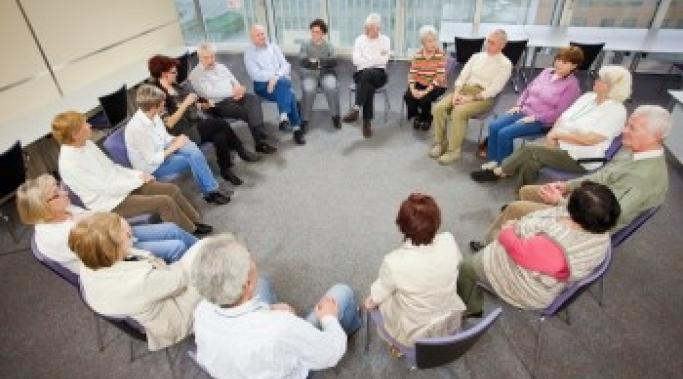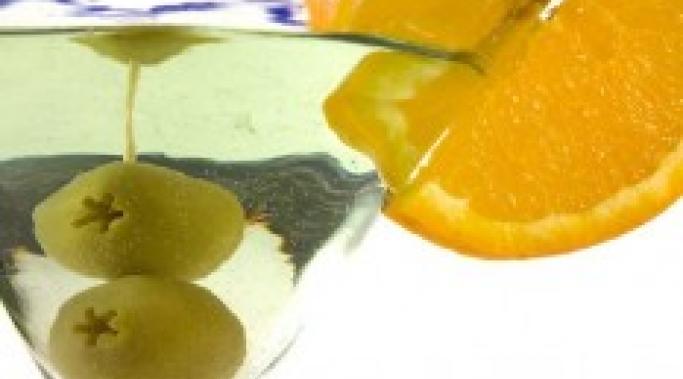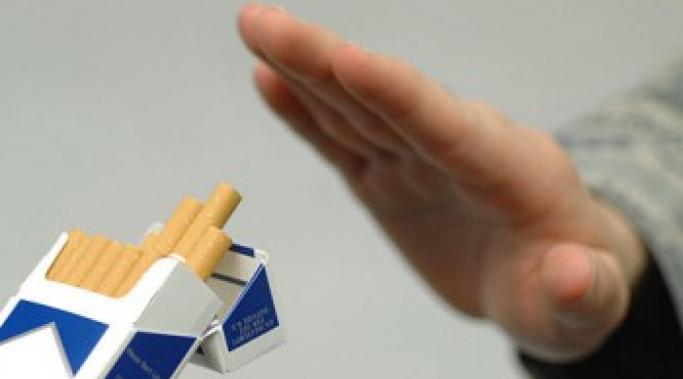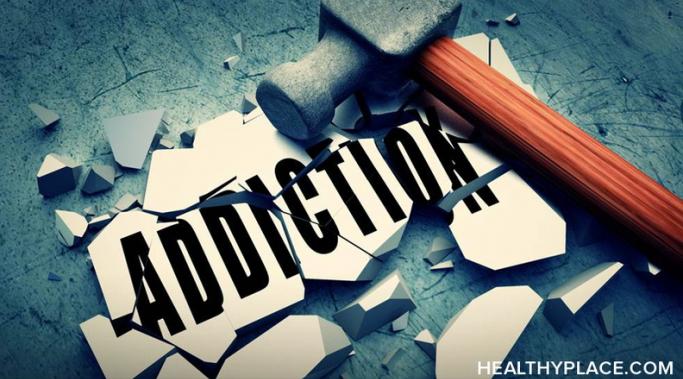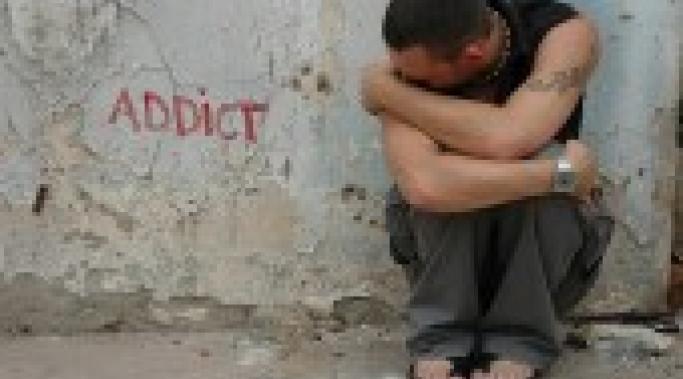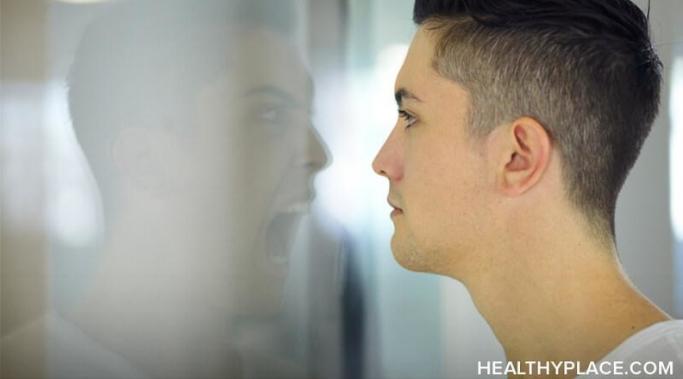Whether the program is LifeRing, Alcoholics Anonymous (AA), SMART Recovery, or some other program, the first question of a newcomer is always the same: "Does this addiction recovery program work?" The answer to this simple question varies, depending on who you ask. Yet, there is one factor that can make or break a person's success in any recovery program.
Addiction Support
These are some of my favorite responses to the question, "Why aren't you drinking?"
Concerns over having a clean and sober holiday pop up all year round, but especially in the fall and winter months. Every year it happens -- people start talking about the holidays, complaining, planning and worrying. It seems like starting in October, the curmudgeons start to become more vocal. Personally, I enjoy the season, although it can certainly be stressful. Most of us field a lot of expectations, invitations and obligations in November and December. For those of us in addiction recovery, all these events can bring addiction triggers, especially when others are drinking around us and staying clean and sober can become a challenge.
On a warm October day, I hurried to to class, maneuvering around groups of slower-moving students. I checked my phone - fifteen minutes before class started, enough time to pop into the mini mart and buy some iced tea or soda. Approaching the entrance, I smelled the faint scent of fresh cigarette smoke from a passerby. Then my eyes caught the posters featuring cigarette brands on the mini mart door. All of the sudden, pleasurable memories wafted over me. I could feel the cigarette between my fingers and taste the hot smoke. I was experiencing a smoking craving.
I got sober in a rigorous outpatient treatment program based on confrontational therapy and geared toward adolescents. At nearly 22, I was the oldest client. The program is unorthodox and its founder is a somewhat controversial figure in the mental health treatment community. I have mixed feelings about his methods, but something in that program did get, and keep, me sober where others had failed.
Drug addiction affects people from all walks of life. It is, as the old saying goes, “not a respecter of persons.” Just as the ends of addiction are jails, institutions, and death, the opposite, recovery, can be a beacon of hope. But what can you do to help someone you know who is suffering from the ravages of substance abuse?
Addiction is an epidemic but, unfortunately, many barriers to drug addiction treatment exist. Fortunately, for some, there is help available in the form of outpatient/inpatient treatment and/or 12-Step programs. Despite this many individuals do not seek the help they need to recover from their addictions. This is possibly due to several reasons, and we call those reasons barriers to drug addiction treatment
The addiction culture, the addiction lifestyle, can make it very difficult for an addict to get clean or stay drug-free. As they say on the street: “it’s not the drug that will kill you – it’s the addiction lifestyle.” One of the main causes of relapse has to do with the old way of living.
This weekend marks the start of the summer holiday season. Events like picnics and parties can be a dangerous place for people in addiction recovery.
For me, my early addiction recovery program was made up of many questions and few answers. My major question was, “What do I do now?” At the time, I was unclear as what to do in addiction recovery. But if I had the opportunity to magically go back in time, I would work through my early addiction recovery program as I lay it out for you here. These are the early addiction recovery program essentials.
